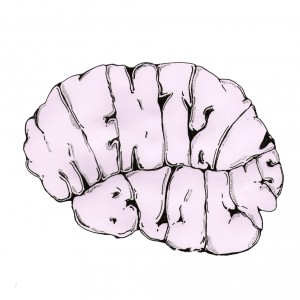Following is a series of articles from the May IIMHL Update
Greater Choice of Clinician in England
From April this year people referred by their GP to secondary mental health providers in England have the right to choose the professional-led team (which may or may not be led by a psychiatrist) which treats them. From April next year this choice at the point of referral will be extended further, to include choice of provider as well as choice of team within that provider.
The policy was set out in a recent consultation response. The accompanying ‘choice framework’ sets out patient entitlements:
https://www.gov.uk/government/publications/government-response-to-the-consultation-on-proposals-for-greater-patient-involvement-and-more-choice
The policy lead for this work within the Department of Health mental health policy team is Michael West (michael.west@dh.gsi.gov.uk). He would be happy to discuss this work further with anyone who is interested.
Well-being in the UK
Measuring National Well-being: Life in the UK 2012 provides a unique overview of well-being in the UK today. The report is the first snapshot of life in the UK to be delivered by the Measuring National Well-being programme and will be updated and published annually. Well-being is discussed in terms of the economy, people and the environment. Information such as the unemployment rate or number of crimes against the person are presented alongside data on people’s thoughts and feelings, for example, satisfaction with our jobs or leisure time and fear of crime. Together, a richer picture on ‘how society is doing’ is provided.
http://www.ons.gov.uk/ons/dcp171766_287415.pdf
Probation Services and Mental Health
(2012, December). London: Centre for Mental Health
Report
Research suggests that 39% of offenders supervised by probation services have a current mental health condition. Yet mental ill health in the probation caseload is, for the most part, unrecognised and untreated. This briefing paper summarises the current and potential future links between health and probation services relevant to the needs of offenders with mental health conditions. It is based on data collected by the University of Lincoln showing the prevalence of a range of mental health conditions among one probation service caseload and the proportion of those people receiving treatment and support (Brooker et al., 2012).
E-mental Health: What’s all the fuss about?
(2013, January). London: NHS Confederation. Discussion paper number 12
Report
This paper looks at how the mental health sector might make the most of opportunities offered by e-mental. It gives examples of how service users, mental health providers and other organisations are already embracing e-mental health to bring about change.
Developing Family Leadership
A Discussion Paper on Personalised Transition from The Centre for Welfare Reform
Dr Pippa Murray, ibk initiatives, June 2011
Increasingly public services are waking up to the need to let families lead – not abandoning them, not burdening them – but building the right kind of supportive relationships that let families control their own destiny with respectful support. This discussion paper by Pippa Murray is a product of our Personalised Transition programme and reflects practical learning across Yorkshire and Humber.
To download a copy of this report, use the following link:
http://bit.ly/developing-family-leadership
General enquiries about this update or for other IIMHL information please contact Erin Geaney at erin@iimhl.com
Read the June IIMHL Newsletter online here.








